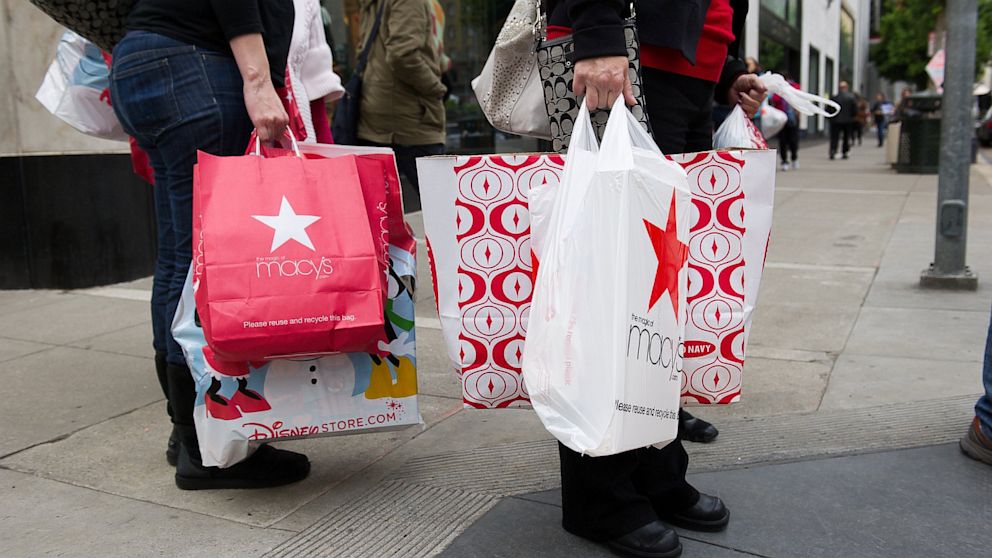Holiday Sales Forecasts: Black Magic or Science?
Holiday sasles promotions will start even earlier this year, say forecasters.

— -- The nation's retailers, anticipating what forecasters believe will be a lackluster holiday shopping season, are launching big sales promotions earlier than ever before. But how accurate are forecasters' predictions?
A lot is riding on the accuracy of the predictions economists make about how much merchandise shoppers will scoop up between Thanksgiving and December 31: holiday sales traditionally account for up to 40 percent of a store's annual sales.
Jack Kleinhenz, chief economist for the National Retail Federation, tells ABC News that merchants rely on holiday predictions when deciding everything from how to manage inventory (how much to stock of what products) to how many extra sales people they should hire. His own prediction, he says, will be out October 4. "I'm working on it now."
How accurate are these predictions?
The business of making them has become so crowded in recent years that Joel Bines, a managing partner with consulting firm AlixPartners, calls it "a cottage industry." Over the past 10 years, he tells ABC News, a wide variety of advisory firms that benefit from publicity have realized that "making predictions is a good way to generate headlines." A cadre of service firms and suppliers, he says, now make them.
Their quality, he and other experts say, depends entirely on the assumptions on which they're based, the methodology used and the reliability of data. The results range between science and black magic.
Bines is dismissive of forecasts based on consumer surveys. "Consumers," he says, "have historically showed themselves to be not very good at telling us what they're going to do." AlixPartners' own forecast is based entirely on an analysis of historical data—20 years worth of retail sales, as compiled by the Commerce Department.
"At this point, all eyes are on the holidays," says AlixPartners' September newsletter. Referring to the welter of predictions flying around, it alludes to "all the navel-gazing and statistic-slinging that will soon start."
Unemployment, politics, gas prices, consumer confidence—these things are interesting, it says, "but, barring a major Black Swan event like 2008, they really don't matter." Why? Because an analysis of Department of Commerce sales data going back to 1993 shows (with the exception of 2008) that by August every year enough data had been collected to predict holiday sales, "based on cumulative year-to-date performance alone." Excluding 2008, it says, retail sales since 1993 through August have consistently accounted for between 65.6 percent and 66.6 percent of annual sales.
"Based on that calculus, we are predicting that, this year, holiday retail sales will increase between 4.1 percent and 4.9 percent." His prediction last year was 3.9 percent--exceeding the actual 3 percent.




